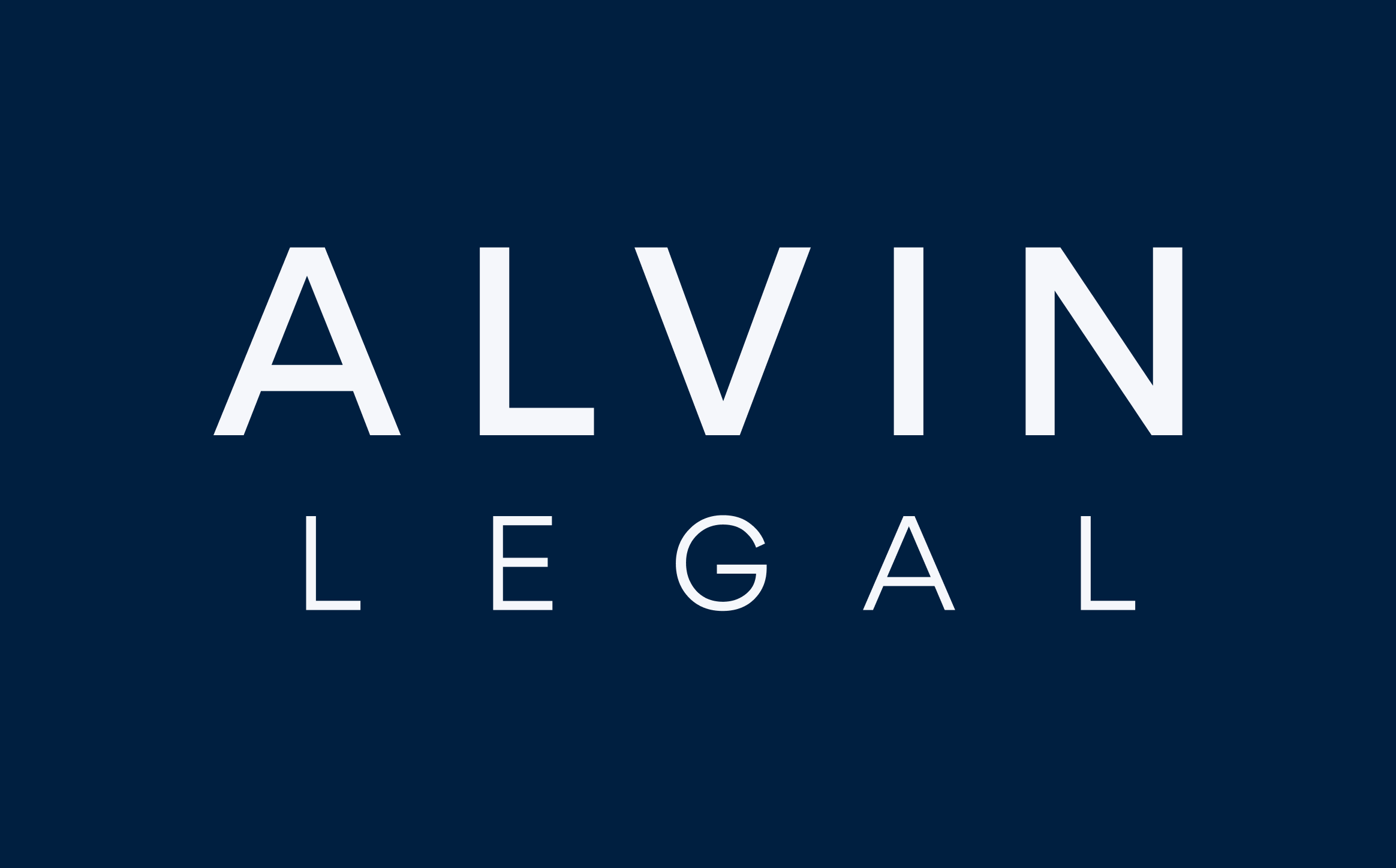Shareholder Agreement – Overview
A shareholders’ agreement is an agreement between the shareholders of a company intended to regulate their rights and obligations. A shareholders’ agreement differs from a constitution in that a company constitution can be replaced by a 75% shareholder vote, where a shareholders’ agreement can only be replaced on agreement of all parties to the shareholders’ agreement. A shareholders’ agreement is therefore especially important for protecting minority shareholders.
Shareholding
The number and type of shares each shareholder will hold as at the date of the shareholders’ agreement will usually be set out in the agreement.
Composition of board
A shareholders’ agreement should set out who will be the directors of the company as at the date of the agreement.
While the default position is that a 51% shareholders’ vote is required appoint and remove directors, a shareholders’ agreement may displace this position by giving 25%, 20% or even 10% shareholders a right to appoint a representative director.
The shareholders’ agreement should also set out whether each representative director will have one equal vote or whether their vote will be based on the percentage of the shares held by their appointing shareholder.
Reserved matters
Although only a 51% shareholders’ vote is required to appoint and remove directors, the Corporations Act 2001 (Cth) specifies when a 75% shareholders’ vote (special resolution) is required. A special resolution is required to:
1. Adopt, amend or repeal a constitution.
2. Change a company’s name.
3. Change a company’s type.
4. Vary class rights where the constitution does not set out this procedure.
5. Selectively reduce capital or selectively buy-back shares.
6. Give financial assistance for the acquisition of shares.
7. Voluntarily wind up a company .
It is common for longer shareholders’ agreements to list additional matters that will require a special resolution. By listing these additional matters, the shareholders’ agreement is effectively shifting power away from the board to a special majority of the shareholders.
Pre-emptive rights
Shareholders’ agreements will usually contain one or both of the following types of pre-emptive rights:
1. Right of first refusal.
2. Right of last refusal.
1/Right of first refusal
Before a shareholder can offer to sell their shares to external third parties, a right of first refusal requires that shareholder to first offer to sell their shares to the other shareholders in proportion to their current shareholding. The exiting shareholder will usually be required to set out the number and class of shares the seller proposes to sell, the sale price and payment terms in its offer to the remaining shareholders.
2/Right of first refusal
Once a selling shareholder has found a third party, a right of last refusal requires that shareholder to give the other shareholders an opportunity to match the price before the selling shareholder can sell its shares to the third party.
Pre-emptive rights can usually be by-passed if all or a certain threshold of shareholders agree.
Pre-emptive rights will usually be in respect of issued shares held by the shareholders. A shareholders’ agreements may also provide pre-emptive rights when the company is issuing new shares (i.e. the company will be required to first offer new shares to existing shareholders before issuing shares to third parties). Section 254D of the Corporations Act 2001 (Cth) provides shareholders of private companies with pre-emptive rights in respect of new shares, unless displaced by the constitution.
Drag along and tag along rights
Drag along rights give a majority shareholder (or group of shareholders) the right to force minority shareholders to join in selling their shares to a third party.
Tag along rights give minority shareholders the right to elect to join a sale where a majority shareholder is selling its shares to a third party.
Forced buy-out mechanisms
The parties may negotiate the inclusion of forced buy-out mechanisms in more complex shareholders’ agreements.
Examples of forced buy-out mechanisms are:
1. Texas shoot-out.
2. Bidding mechanism.
1/Texas shoot-out
These are most common where there are two shareholders with equal shareholding. This mechanism starts with one shareholder offering to sell their shares at a specified price. The other shareholder may either accept this offer or require the first shareholder to buy their shares at the same price. Texas shoot-out clauses self-regulate the market value of the shares because the second shareholder can turn the tables on the first shareholder.
2/Bidding mechanism
A less drastic forced buy-out mechanism is a bidding mechanism, where a shareholder can give notice offering to buy out another shareholder for fair market value, plus a premium. The other shareholder can then either accept the offer, or counter-offer to buy-out the first shareholder for an increased amount. The bidding process repeats until no further offers are made.
Confidential information
Confidential information clauses seek to prohibit the shareholders from exploiting trade secrets or confidential information acquired in their capacity as shareholders or through their representative directors who sit on the board.
Non-compete and non-solicitation clauses
Non-compete and non-solicitation clauses are known as restraints of trade. They are important in shareholders’ agreements because shareholders will usually come into contact with confidential information and trade secrets either in their capacity as shareholders or through their representative director who sits on the board.
A non-compete clauses will usually seek to prohibit a shareholder (while it holds its shares and for a time period after selling its shares) from working or holding shares in a competing business.
Non-solicitation clauses usually seek to prohibit a shareholder from poaching clients or employees.
Although conventional wisdom says that these types of clauses are difficult to enforce in employment agreements, courts are more willing to enforce restraints in shareholders’ agreement (known as “goodwill restraints”) because usually the person giving the restraint has received some form of consideration for giving the restraint and there usually is not an inequality of bargaining power.
Read more about the enforceability of restraints of trade in our Restraints of Trade—The Ultimate Guide.

